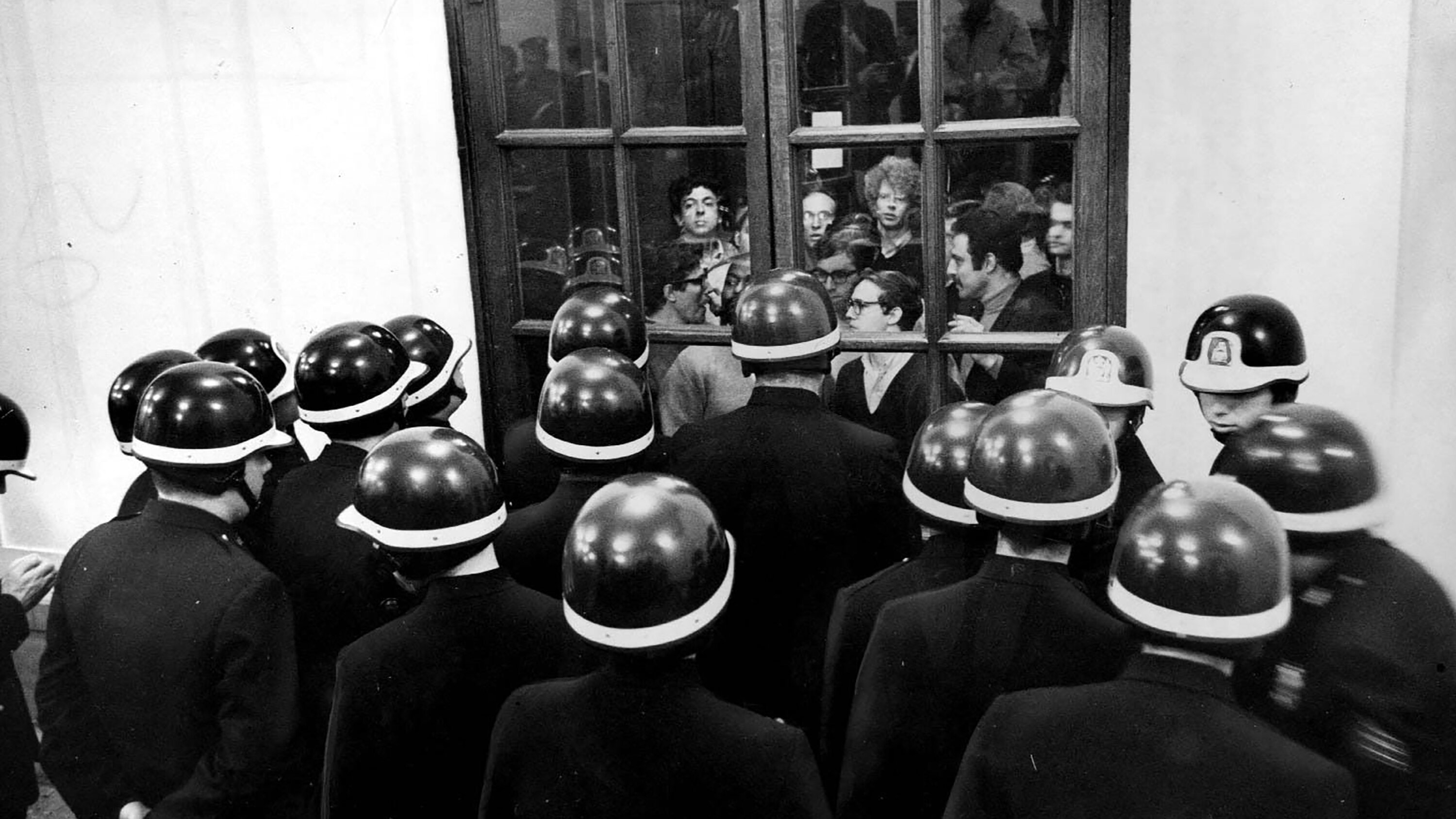I. Occupations are effective because they are disruptive. The April 1968 occupations shut down the entire university for over a week. This forced the administration to concede to their demands, even after the movement faced repression.
II. An occupation needs to spread in order to survive. New buildings need to be taken on campus, throughout the city, and across the country. Take the enemy by surprise. Strive for daily or even hourly successes, however small. At all costs, retain superior morale.
III. Every occupation is a commune. By shutting down the normal flows of capitalist society, they open up space for something new to emerge. These become a place to experiment with how we might live differently. Share everything. Inside the occupation, there is no private property. Break down barriers. Inside, social status and jobs are meaningless.



And communists and anarchists do not necessarily a problem with personal possessions. The idea is to seize the means of production aka companies and to use those for the public good by transferring them into public or collective ownership. However for consumer goods like clothes, furniture, food, bicycles and so forth would in most cases remain private property, within reasonable levels(no mansions).
So most people would actually gain property in this case, as they have a share in public and collective property.
If applied at a country level maybe they’d “gain” posessions, but think about how 3 would apply at a campus protest. There isn’t a means of production to own so long as the current state exists (what, the campus itself? yea cops aren’t going to be OK with that), and that’s not happening soon.